Description
Machine learning (ML) has revolutionized the field of bioinformatics, offering innovative tools and methodologies to tackle complex biological problems. In bioinformatics, data is often vast, diverse, and multidimensional, ranging from genomic sequences to protein structures, gene expressions, and clinical datasets. Machine learning techniques have proven essential in analyzing and extracting meaningful patterns from these enormous datasets. The use of ML in bioinformatics spans a broad spectrum of applications, from predicting protein structures and functions to identifying genetic variants associated with diseases. By leveraging supervised, unsupervised, and reinforcement learning algorithms, researchers can design more accurate models for biomarker discovery, disease diagnosis, and drug development. One of the major contributions of ML to bioinformatics is the development of algorithms capable of processing large-scale biological data. Traditional methods, such as sequence alignment or molecular docking, are often computationally intensive and time-consuming. In contrast, ML models can be trained to recognize patterns in data, allowing for more efficient predictions and classifications. Deep learning, a subset of ML, has seen remarkable success in genomics and proteomics. For instance, deep neural networks can predict the secondary and tertiary structures of proteins with a level of accuracy that was once thought unattainable. Similarly, ML algorithms can analyze transcriptomic data to uncover insights into gene expression regulation and its relationship to various diseases, thus contributing to the emerging field of personalized medicine. Furthermore, ML is playing a critical role in drug discovery and development. The traditional drug discovery process is costly and lengthy, but ML techniques are accelerating the identification of potential drug candidates. Through the analysis of chemical databases, ML models can predict the biological activity of compounds, thereby streamlining the initial stages of drug design. Additionally, ML is integral to precision medicine, enabling the development of algorithms that can predict patient responses to treatment based on their genetic makeup. The integration of these technologies is making it possible to move towards more tailored therapeutic approaches, enhancing the efficacy of treatments while minimizing side effects.
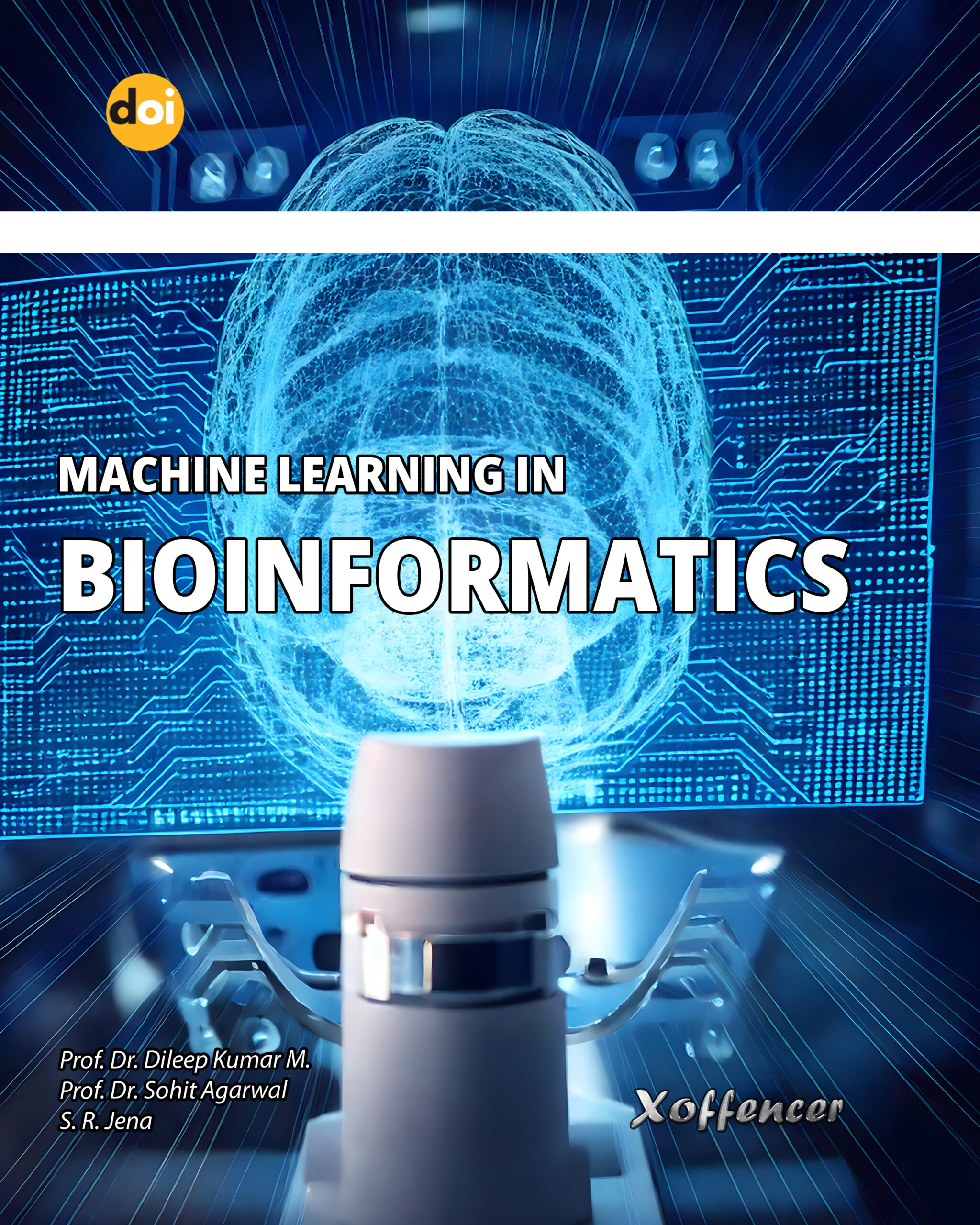

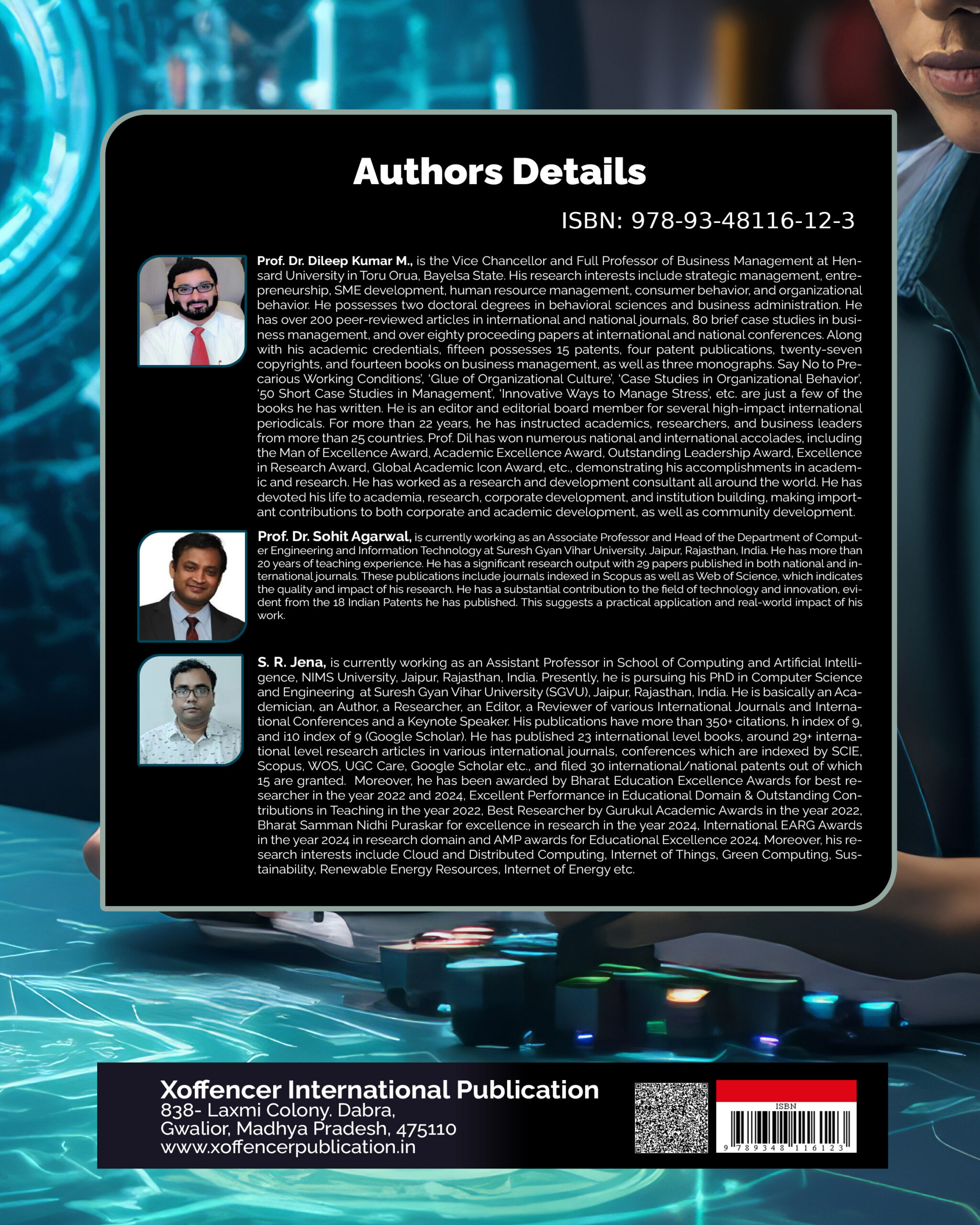
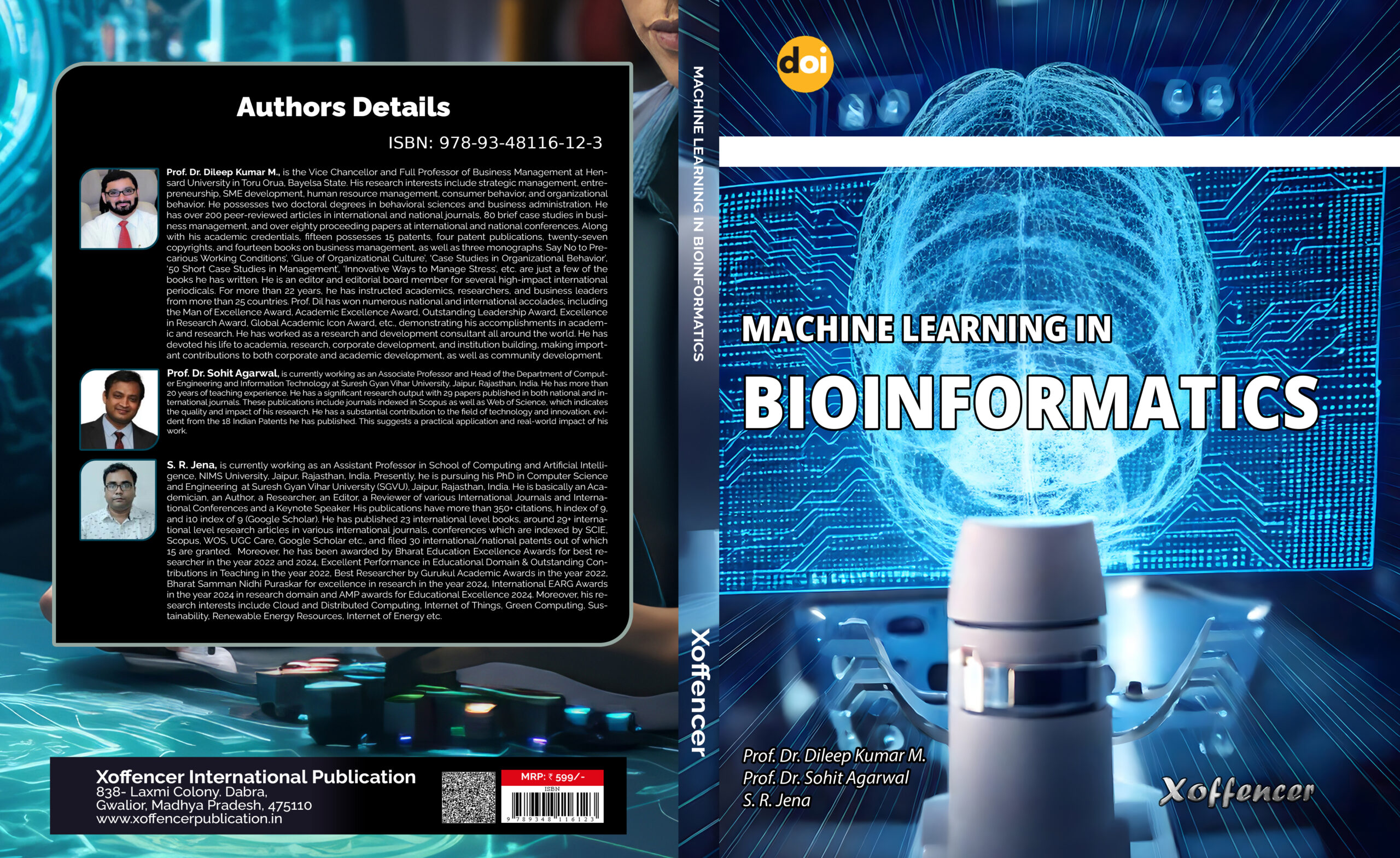






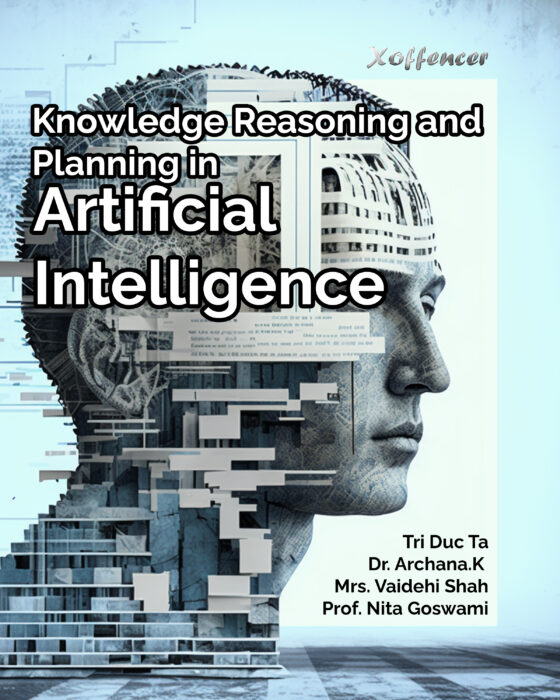
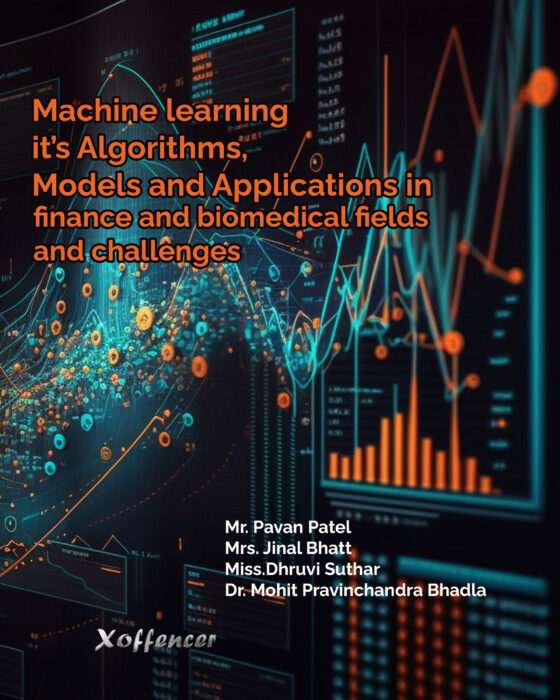
Reviews
There are no reviews yet.